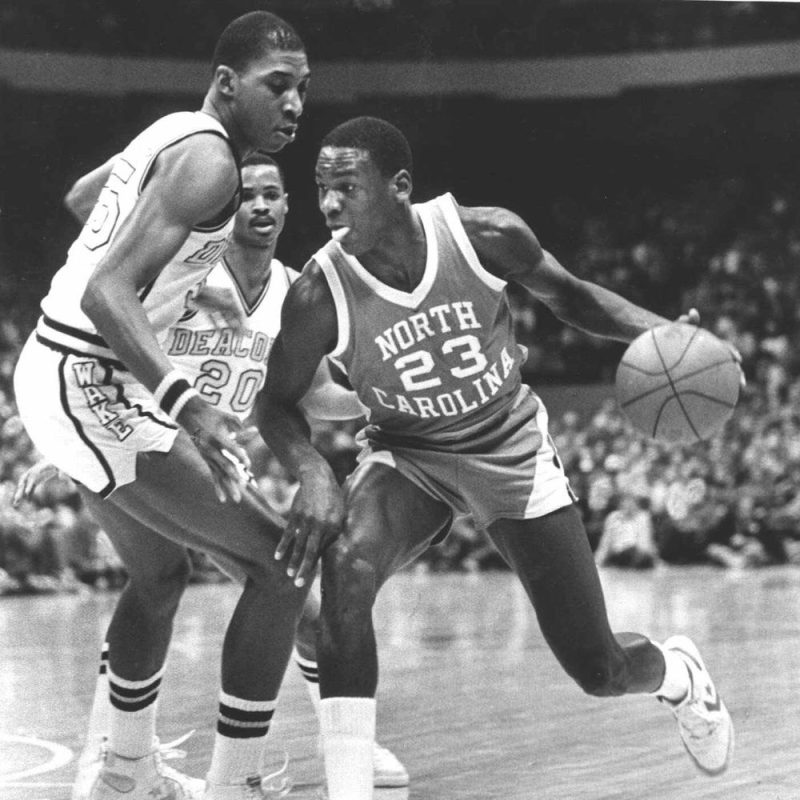Coach Steve,
My child is having a difficult year and wants to quit the team. I don’t want to force him to do anything but feel like he’ll be missing out on the fun and life lessons of sports if he quits now. What do I do!?
Eric
Communicate with your son or daughter to find the best fit
Dear Eric,
If you need instant motivation, there are numerous stories of famous athletes who were cut or wanted to quit when they were younger.
It’s well known that Michael Jordan was once cut from his high school varsity basketball team as a sophomore, but did you know Bill Russell was cut from junior varsity as a sophomore and Julius Erving was an uncoordinated kid who shot with two hands? Mark Buehrle, a former major league pitcher who won 214 career games, got cut from J.V. as a freshman and sophomore.
I use these anecdotes as motivation, but the first thing I would suggest is that your son finish out the season. If he has made a commitment to a team, then his coach and teammates are likely counting on him. Sometimes numbers come into play and you would not want his absence to be the reason the team has to forfeit games. If you’re looking for a life lesson for sports, that is a good one: If you make a commitment to something, you need to stick with it.
For the rest of the season, make sure you or an adult or mentor figure attends games for moral support. Look for ways your son might learn from a mistake or misfortune of a circumstance in a game that he can take with him into the next game. This can be something as simple as giving his all at every moment he’s in the game, something difficult to maintain when things aren’t going well. A bad game or two can just as easily be turned into a teaching tool for getting better as it can for reason to want to leave a team.
Sometimes it just takes one highlight to turn an outlook around. My son’s high school team played a 17-inning game the other night that lasted more than four hours. By the end, his team needed contributions from throughout the roster to keep extending the game. Inning after inning, they cheered and motivated each other. When it finally ended, the game had become such a bonding experience for them it didn’t even seem to matter that they lost.
After the season, take a step back and assess. Youth and high school sports have become so much about the competition these days that maybe playing sports as a club or recreational level is the right answer. Or maybe it’s a team with friends where he feels more included or a sport with which he is a better fit. (Dr. J said he was better at baseball and football than basketball but didn’t like the cold.)
If you have an honest discussion with your child, you might see the warning signs he or she is ready to change sports. And if it’s not what you want to hear, you need to be willing to be flexible. When I recently wrote about tips for parenting a young athlete, I heard from a former high school teammate, Pete Freeman, of Bethesda, Maryland.
‘One other suggestion – look for signs your kid wants to quit,’ he wrote. ‘They can sense your expectations and be reluctant to tell you when they want to do something else.’
His son started baseball at 4 but switched to squash when he was 12.
‘What tripped me up wasn’t being a pushy or loud parent, it was assuming he wanted to keep playing because he was good and because he kept working on his skills.’ Pete said. ‘Instead of just asking him if he wanted to keep playing, I should have asked him whether he enjoyed the game and being on a team or whether there are other sports he wanted to explore.’
Or perhaps the activity your son or daughter needs has nothing to do with sports. Maybe you just need to ask them.
Sincerely,
Coach Steve
Steve Borelli, aka Coach Steve, has been an editor and writer with USA TODAY since 1999. He spent 10 years coaching his two sons’ youth teams. He and his wife, Colleen, are now loving life as sports parents for a high schooler and middle schooler.









